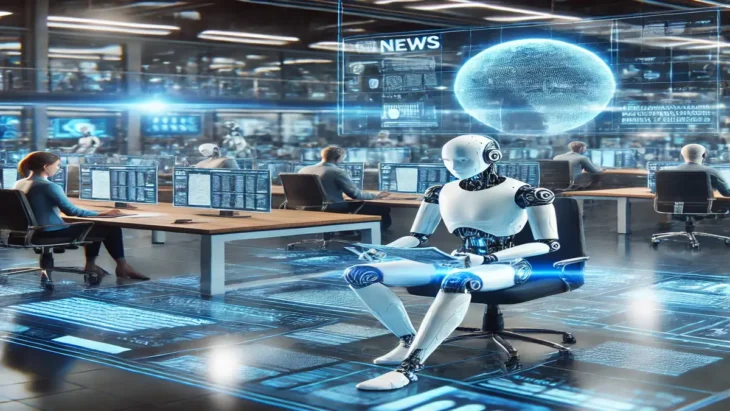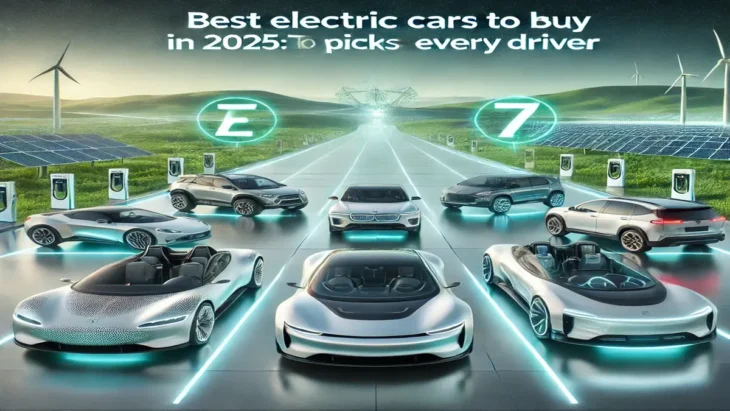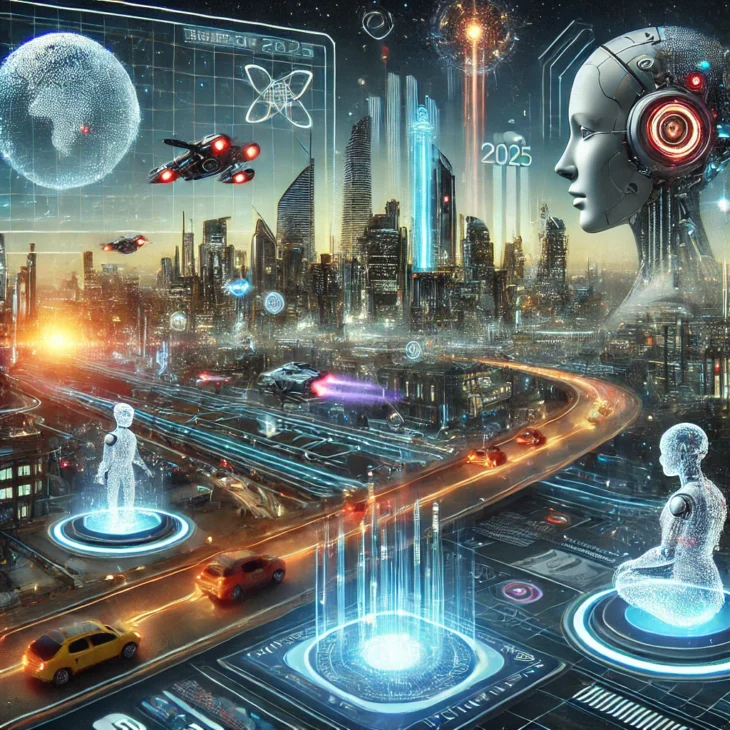Automation used to sound like a sci-fi dream or a workplace nightmare—depending on who you asked. Now, it’s just reality. From robots in manufacturing to AI running business operations, automation is changing the way industries work. But before you start imagining robots replacing everyone and everything, let’s get real. Automation isn’t about eliminating jobs—it’s about transforming them.
A New Industrial Revolution (But Cooler)
Remember when factories were noisy, messy, and full of people working on repetitive tasks? Yeah, that’s not how it looks anymore. Automation, especially robotics in manufacturing, has redefined the whole vibe. Picture sleek robotic arms assembling cars with precision or sorting packages faster than any human could. It’s efficient, yes, but it’s also safer—robots don’t get tired, and they definitely don’t need coffee breaks.
Take car manufacturing as an example. Robots don’t just weld and assemble; they also paint and inspect. This means consistent quality and fewer errors. Plus, while robots handle the gritty tasks, human workers take on roles that require problem-solving and creativity. Essentially, automation is letting people do the interesting stuff while machines handle the grunt work.
AI in Business: The Smart Co-Worker You Didn’t See Coming
Automation in the business world isn’t all about shiny robots, though. Sometimes, it’s invisible. Enter AI. Whether it’s chatbots handling customer service or algorithms optimizing supply chains, AI has become the quiet yet efficient colleague every company needs.
Imagine you run a retail store. Instead of manually tracking inventory, AI can predict when you’ll run low on stock and place orders automatically. Got an e-commerce site? AI can analyze customer behavior and suggest products they didn’t know they wanted—turns out, robots are pretty good salespeople.
And it’s not just the little stuff. Big data analytics powered by AI help businesses make decisions faster and more accurately. Whether it’s analyzing market trends or identifying inefficiencies, AI crunches numbers while humans focus on strategy.
The Future of Work: Adapt or Get Left Behind
Here’s the kicker: Automation isn’t just changing industries—it’s changing careers. Jobs aren’t disappearing; they’re evolving. Sure, some roles are becoming obsolete, but new ones are popping up. Think about it—who would have thought we’d need “robot maintenance technicians” or “AI ethics officers” a decade ago?
Workers aren’t being replaced wholesale; they’re being reskilled. Industries are investing in training employees to manage and collaborate with automated systems. Think of it like this: Instead of being the person doing the manual data entry, you’re the one managing the software that automates it. Not bad, right?
The Good, the Bad, and the Uncertain
Not everything’s smooth sailing, though. Automation’s rise does come with challenges. One of the biggest is the skills gap. Employees whose jobs are at risk may not have the training needed for the new roles automation creates. That’s why companies need to invest in continuous learning programs. Otherwise, they risk leaving behind a chunk of the workforce.
Then there’s the ethical side. If AI makes decisions that affect people’s lives—like who gets a loan or how a job application is screened—who’s accountable if something goes wrong? As automation becomes more embedded in business processes, companies must navigate the fine line between efficiency and fairness.
Industries That Are Feeling the Heat
Some industries are further ahead in the automation game. Manufacturing, as mentioned, is an obvious one—robotics are already an integral part. But look at healthcare, too. Robots performing surgeries? It’s not just futuristic—it’s happening now. AI-driven diagnostic tools help doctors catch diseases earlier and with more accuracy.
In finance, algorithms handle trading at speeds no human could match. Even in agriculture, automation is planting, watering, and harvesting with minimal human intervention. Automation is reshaping the very foundation of how these industries operate.
What’s Next? A Collaborative Future
The future isn’t about machines versus humans—it’s about partnership. Smart businesses recognize that combining human creativity with machine efficiency is the key to success. Instead of fearing automation, companies are embracing it, finding ways to work alongside human talent for enhanced performance.
In the same way, the future of work is driven by adaptability. Those who learn to leverage automation effectively will thrive, while those who resist it may find themselves falling behind. Rather than focusing on what’s lost, it’s more productive to focus on what can be gained: more room for creativity, reduced repetitive tasks, and, ideally, a better work-life balance. Similarly, as we look ahead, a significant choice for 2025 will be finding the best electric car to buy in 2025, blending technology, efficiency, and sustainability in a way that empowers our future.
Final Thoughts: Robots Aren’t Coming for Your Job—They’re Coming to Help
So, should you be worried about automation? Not really. Should you be prepared? Absolutely. The industries that will thrive are the ones willing to evolve, train their workforce, and integrate automation thoughtfully. The future is bright—but only if we embrace the change.
Think of automation not as a threat but as a tool. It’s here to stay, and the sooner industries and workers learn to work with it, the better off we’ll all be. And who knows? You might just end up with a robotic assistant that actually makes your workday easier.















